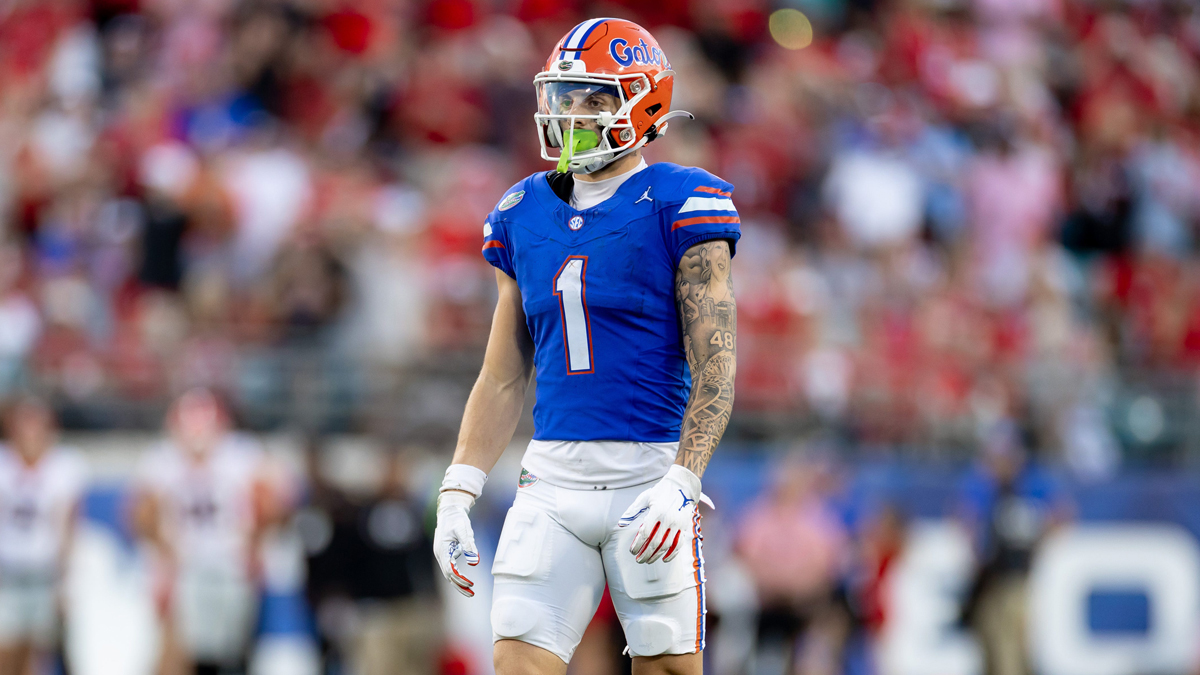Long before California Chrome set his white foot in Elmont, New York, to prepare for the Belmont Stakes, the chestnut colt spent his early years training in California, where a shot at the Triple Crown seemed like a distant dream.
But now, California Chrome is the Triple Crown front-runner, and his six-race winning streak is boosting his home state’s reputation for breeding champions.
“It provides so much more enthusiasm and optimism right now,” said Doug Burge, president of the California Thoroughbred Breeders Association. “People are looking at this horse and saying ‘We can do that.’”
Few California-bred horses can stake a claim to winning any one of the Triple Crown races – the Kentucky Derby, the Preakness and the Belmont Stakes. That’s because only eight percent of the national foal crop comes from California, Burge said. That’s about 1,800 foals born in California every year compared to Kentucky’s 20,000. While Kentucky breeds horses that race internationally, most of California’s horses run in local races.
Only four “Cal-bred” horses -- Chrome included -- can boast a Derby win, and so far no California horse has won the Triple Crown. This means California Chrome’s recent victories and his owners’ deep roots in the state are giving local fans and breeders a lot to cheer for.
“All they have done over the years is dream of a horse like this,” said Steve Haskin, senior correspondent at The Blood-Horse magazine.
California Chrome’s upbringing is a story steeped in California’s horse racing landscape. It started in Central California's San Joaquin Valley, where he was foaled in the horse-breeding division of Harris Ranch, the state’s largest beef producer. Chrome’s father Lucky Pulpit and two sisters are still there.
Sports
His mother Love the Chase was a rather unfortunate racing filly purchased by Steve Coburn, a portly man who appears in a cowboy hat in just about every photo op, and Perry Martin, who owns Martin Testing Laboratories in Sacramento. They each bought five percent of Love the Chase and watched her lose most of the six races she ran.
But the two fell in love with her anyway and purchased her outright for a paltry sum of $8,000, a transaction that prompted someone to say that only a fool would buy Love the Chase. Coburn and Martin formed a company and aptly named it Dumb Ass Partners, or DAP.
“It’s a fairytale-type story that comes from modest pedigrees,” Burge said.
DAP retired Love the Chase in 2009 and bred her with the equally unimpressive Lucky Pulpit, and together they sired California Chrome, who was born in 2011 with four white stockings and a white stripe down his face, features that horse aficionados call “chrome.”
DAP enlisted the help of trainer Art Sherman, whose working-class family has been training horses in the San Francisco Bay Area for over 40 years, most of which were spent at Bay Meadows Racetrack and Golden Gate Fields.
Chrome’s blue-collar connections amid a playing field of horses with blue-blooded owners has prompted the media to dub the thoroughbred “the people’s horse.”
“The media has latched on to him and his story,” Haskin said. “His owners are working people and not business tycoons and millionaires.”
But Haskin said that California Chrome is every bit as well-bred as any Kentucky horse. “Don’t confuse humble beginnings with pedigree,” he said.
The colt’s record is proof to naysayers that DAP has a winner on their hands. As a 2-year-old, California Chrome raced in Los Angeles' Hollywood Park, San Diego's Del Mar Racetrack and Santa Anita Park in Arcadia, where he won some races and finished sixth in others.
But then the Chrome team switched jockeys to Victor Espinoza, who has been competing on California’s racetracks since 1993 and previously won the Kentucky Derby in 2002 riding on War Emblem.
The two have been unstoppable together with a six-race winning streak, including the Golden State Juvenile Stakes, California Cup Derby, the San Felipe Stakes and the Santa Anita Derby.
The pair then dazzled fans at this month's Kentucky Derby and Preakness Stakes. Chrome has raked in over $3.4 million in earnings.
It’s a Cinderella story that has “captured people’s imaginations,” Burge said. And California Chrome’s ascent has been a boon for the state’s $34 billion horse racing industry, he added.
“What we’ve seen this year is better stallions retiring in California rather than going elsewhere,” he said. This trend provides a better stock of horses for breeders.
Chrome’s story has also been good for the horse racing industry as a whole, Haskin said.
“With all the negatives that racing has had in the past few years, everything about California Chrome’s story is positive,” he said. “And he’s got that white stripe and chestnut color that makes people remember the horse from their childhood.”



